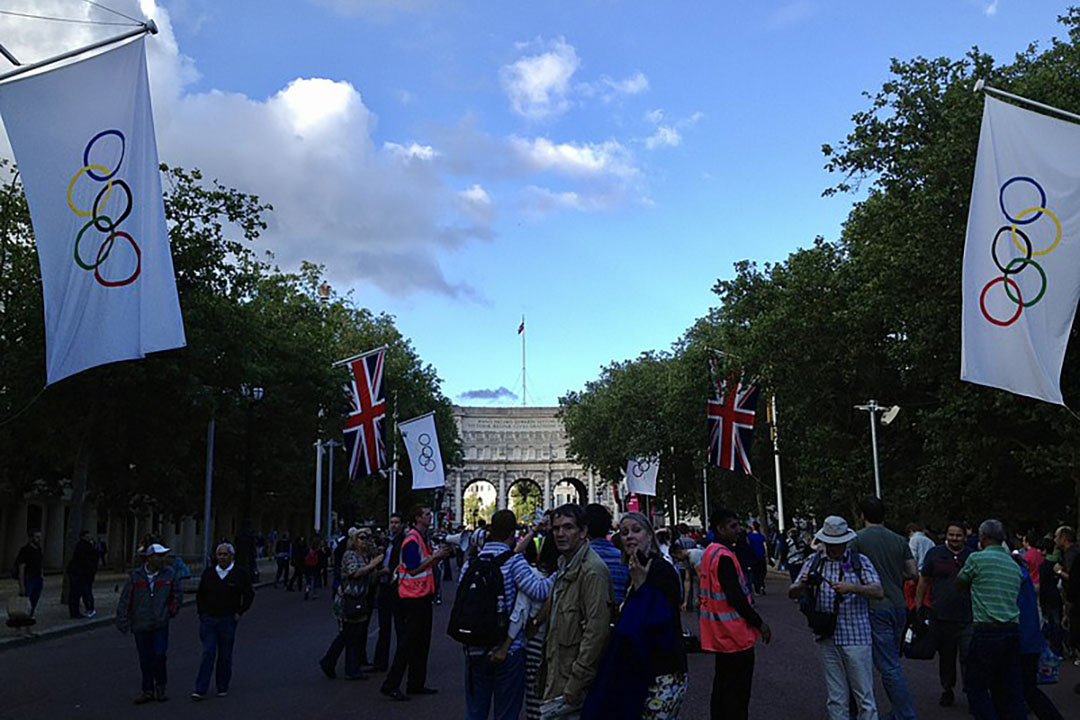It’s the largest competitive stage in the world, where thousands compete for fame, pride, and glory. It’s where a fraction of a second can make all the difference between victory and defeat: where tears are shed, records are broken, and history is made. If you haven’t guessed it already, I’m talking about the Olympics.
The pride countries take in hosting the Olympic Games and having their homegrown athletes winning medals on their own soil is incomparable. But at what cost? The estimated cost of Tokyo 2020 is a whopping $15.4 billion dollars, though officials argue that it’s well worth the economic legacy that the Olympics leave behind.
The investment is not just for the construction of sporting arenas and venues, but also for the business generated by the publicity of the Olympics, whether by tourism or foreign investment. It remains to be seen whether Tokyo’s investment will pay off, but based on data from previous Olympic hosts, the situation does not look promising.
Since Rio 2016, Brazil’s mountainous debt has only increased, with the Rio 2016 Organizing Committee accumulating a debt of over $40 million to creditors since 2017. Of the 27 stadiums that were constructed for the games, close to half are now decrepit and have been unused since 2016. The International Olympic Committee has refused to help with the Rio committee’s $40 million debt.
These debts, especially when they are faced by countries like Brazil where the poverty rate is already high, raise important questions on whether a country’s Olympics money would be better spent on hospitals, housing, and social programs, rather than stadiums that have a lifespan of a single month.
The financial costs of being an Olympic host are further compounded by human costs. Before Tokyo 2020, hundreds of local residents were relocated to “make way” for the Olympics and public housing estates were demolished. In Atlanta, USA, thousands of families were left on the street after housing projects were demolished for the 1996 games. These are two of many examples of the unseen toll of the Olympics on the helpless residents of its host cities.
The solution? A permanent host.
This would have to be a place built for sporting events where stadiums would continue to be used long after the Olympics. It would mean citizens wouldn’t need to be forced out of their homes to make space for the Olympics. It would have to be in a city that could stomach the mammoth cost of such an endeavour.
If the Olympics had a permanent host, the investment necessary to run them would not be as gargantuan for every event, as sporting infrastructure would already be present. Additionally, the International Olympic Committee could mandate private funding so that taxpayer dollars aren’t continuously used up by the games — a plan already in place for Brisbane 2032.
Finding a permanent host seems like the perfect solution. However, its main pitfall seems to be the lack of inclusivity that a rotating series of hosts provides. No other country would benefit economically from the legacy of hosting the Olympics. The business and fame that the games bring could easily make any permanent host country a global hegemon, especially since the games occur repeatedly.
Moreover, all of the national pride that comes from hosting would go to only one nation, forever. Never again would other countries get the chance to place an Olympic bid in the hopes that their athletes could win a medal on home soil.
However, let’s not pretend that the current Olympic hosting bid is by any means inclusive. For one, no country in Africa has ever hosted the Olympics. Plus, bidders most definitely have to be rich to afford the astronomical costs of the Olympics, which rules out everyone except for a handful of powerful countries.
Maybe I’m looking at it too simplistically, but to me the answer seems clear. It seems unethical to allow countries to host the Olympics and then leave them to pick up the pieces when debt and poverty strike in the aftermath. Brazil, which faced an unfortunate combination of political circumstances following Rio 2016, now has higher poverty and crime rates than before.
If having a permanent host could solve these problems and remove the factors of debt and displacement altogether, then we would be wise to choose that option. Though we might have to sacrifice some pride from no longer hosting the games, this appears to be a small price to pay when it means mitigating national debts, the displacement of ordinary citizens, and other inequalities.
The Olympic Games are one of the best examples of humanity’s eternal thirst for excellence. To continue to pursue that excellence, we must improve the way we construct the Olympics so that they can bring joy to all and continue to unite us from all corners of the world.


